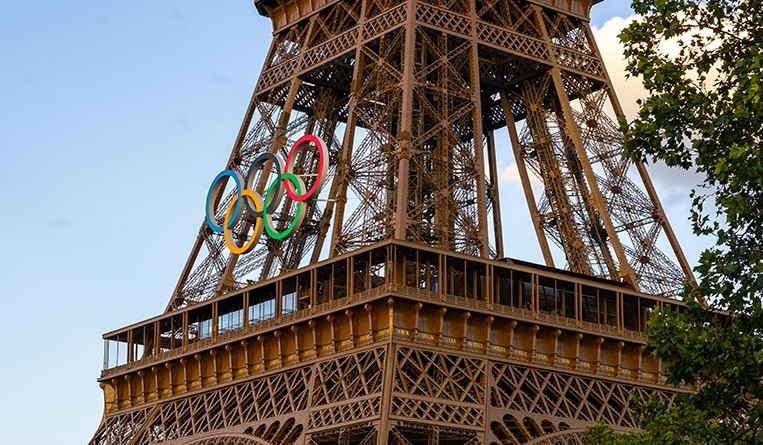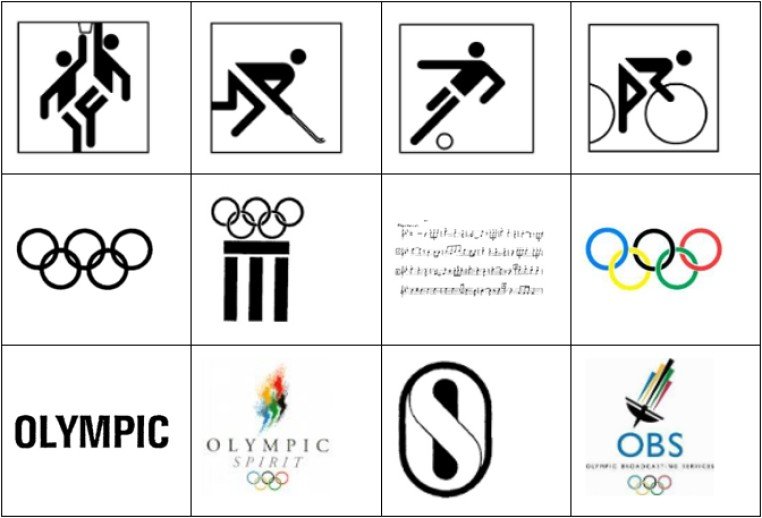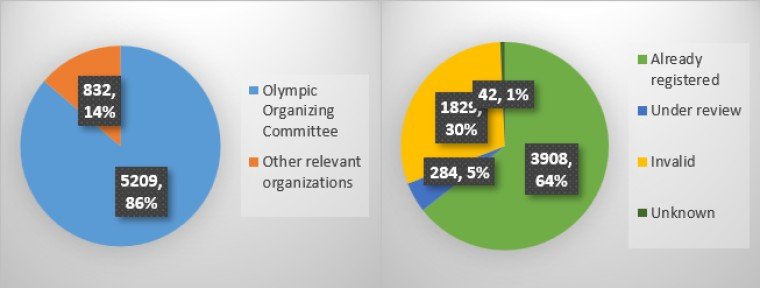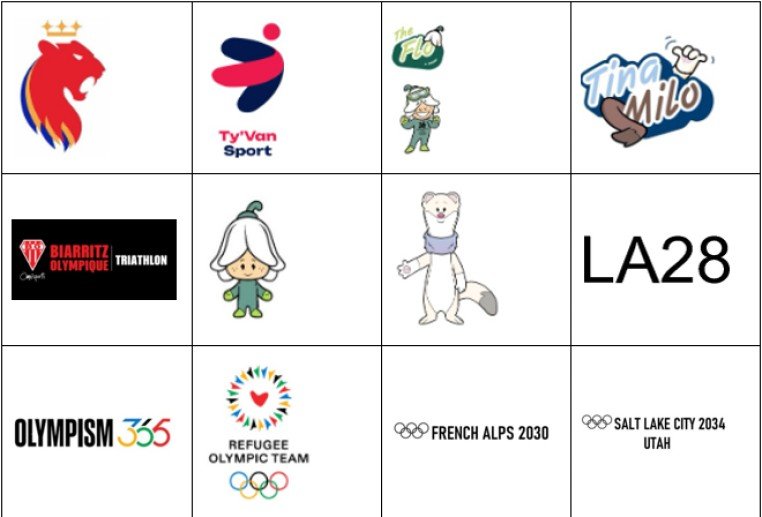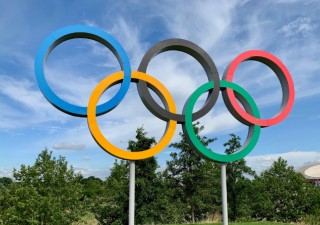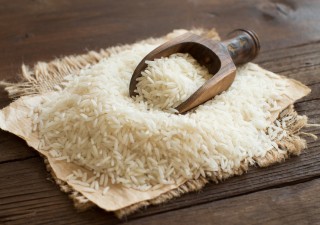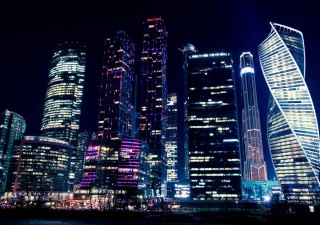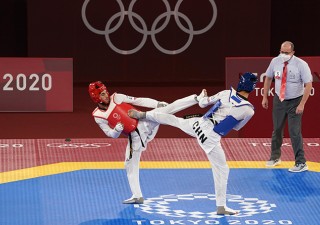The exciting conclusion of this year’s Paris Olympics has driven a new boom in China’s domestic sports economy. How does international trademark protection operate behind the Olympic effect, as driven by the Olympics? How do the organizers, organizing committees and athletes of the Olympic Games protect international trademarks? Was the earliest international trademark registered by the Olympic Organizing Committee really in the class of perfume and cosmetics? Has the Olympic Organizing Committee already applied for trademarks to be used in 2030 and 2034, some 10 years in advance? Let the International Trademark Team of GoldenGate Lawyers take you to find out the answers.
In the women’s singles tennis final, Zheng Qinwen from China won China’s first Olympic gold medal in women’s singles. Before creating this miracle, Zheng Qinwen had successfully registered “Zheng Qinwen”, “QueenWen” and her personal portrait and nickname as trademarks in China, with international classifications involving Classes 3, 9, 16, 18, 25, 28, 29, 30, 32, 35, 41 and 42, including daily cosmetics products, office supplies, luggage, clothing, shoes, hats, fitness equipment, convenience food, beverages, advertising, education and entertainment, design research, and many other aspects. Since then, Zheng Qinwen’s name, portrait, nickname, etc., have become her unique brand. The value of these brands is not only reflected in her sports achievements, but also in the national honour and spirit behind her.
With a wave of Zheng Qinwen’s trademarks being registered domestically, have other countries’ gold medalists done the same internationally? Should the Olympic Organizing Committee and the host organization also apply for international trademarks?
Leon Marchand, a great 22-year-old French swimming talent, won four gold medals and broke Michael Phelps’ multiple Olympic records at this year’s Olympics. In addition, he also participated in the closing ceremony to extinguish the Olympic flame. These brilliant achievements have made Leon Marchand one of the most popular athletes in the Paris Olympics. Before achieving his brilliant results, as early as February this year, Leon Marchand himself applied for his name Leon MARCHAND as a trademark in France and the European Union, covering Classes 3, 5, 9, 14, 16, 18, 24, 25, 28, 30, 32, 33, 35, 41, 42 and 44, totaling 16 categories, including cosmetics, nutritional supplements, software scientific instruments, jewelry, luggage, daily necessities, clothing, shoes and hats, games and fitness, food, beverages, advertising, entertainment services and other comprehensive products and services. It has to be said that Leon Marchand has long planned for the international trademark layout of his own brand.
In addition to Olympic champions applying for their own names as trademarks, the relevant organizers also register and protect the emblems of previous Olympic Games as trademarks. The organizers of this Olympic Games, the Paris Organizing Committee for the Olympic and Paralympic Games, and the International Olympic Committee have applied for trademark registration of the emblem of this Olympic Games, covering the host countries/regions of France and the European Union respectively. The categories of the registration involve full coverage protection of Classes 1-45.
Registering the names of Olympic champions, well-known athletes, and Olympic-related logos as trademarks can indeed bring high commercial value. However, it is important to remind applicants not to blindly apply for these trademarks in order to ride the wave of their popularity. Whether it is the Chinese Trademark Office or other foreign trademark authorities, they will severely crack down on trademark preemptive registration in connection with the names of well-known athletes and other trademarks. In addition to the champion, other well-known athletes themselves or relevant rights organizations such as the Olympic Committee, blind applications from other legal entities will face a high risk of rejection.
How do the Olympic Organizing Committee and related hosting organizations protect international trademarks? Is is true that the earliest international trademark registration by the Olympic Organizing Committee involved perfume and cosmetics? That’s right, perfumes and cosmetics. Please read on.
The first Olympic Games can be traced back to the 1896 Athens Olympics, held in Athens, Greece, in April 1896, and the earliest registration date for the international trademark filed by the Olympic Committee was May 11, 1953. On the same day, the Olympic Organizing Committee submitted the Madrid international registration for the “OLYMPIA” trademark, which covers all kinds of cosmetics, toothpaste, soap, conditioner, perfume, etc., of Class 3, covering a total of 34 designated countries. The trademark has been renewed and is still a valid trademark. By the 2012 London Olympics, the number of international trademark applications reached its peak of 380. See Figure 1.



